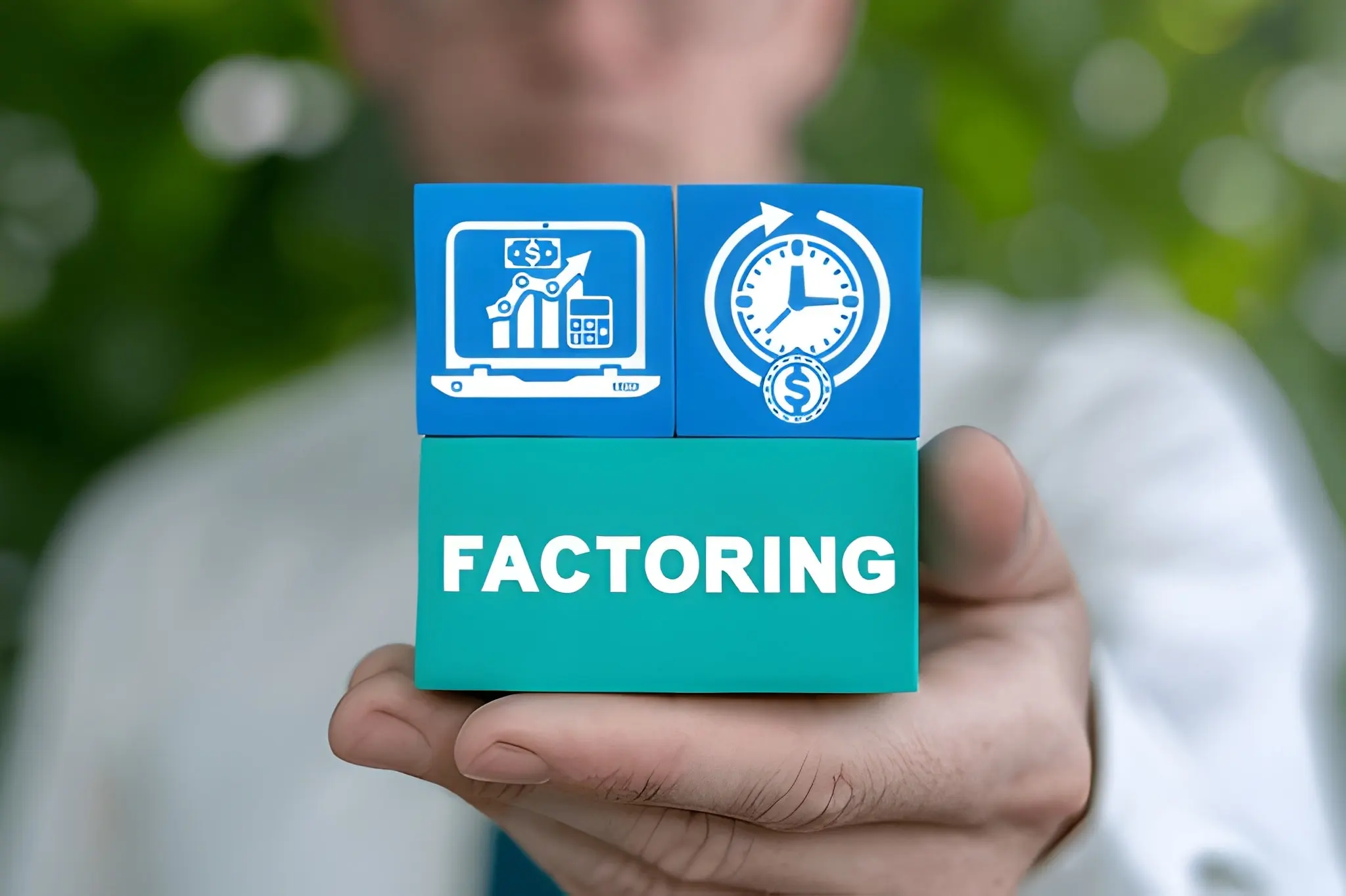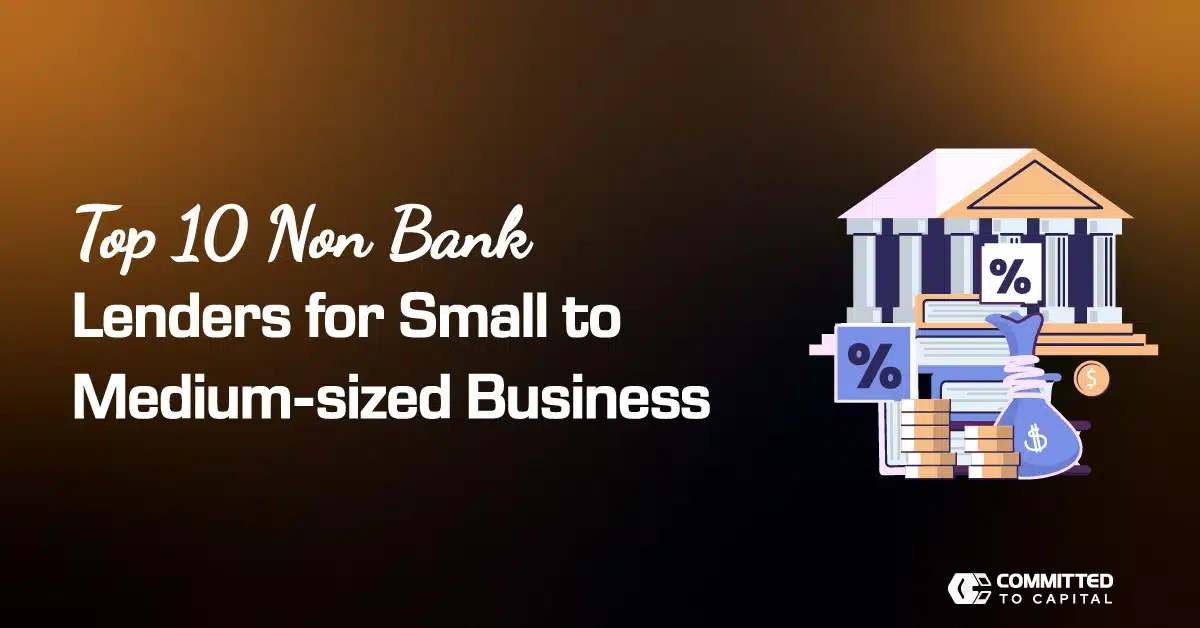Keeping cash flowing is one of the biggest challenges for small businesses. Late client payments can hold you back from taking the next step. Invoice factoring enables you to convert pending invoices into quick cash, giving you the freedom to run your business efficiently and plan for future growth.
What Is Invoice Factoring?
Invoice factoring is a type of business financing that allows companies to sell their unpaid invoices to a factoring company at a discount. Instead of waiting 30, 60, or even 90 days for clients to pay, you receive most of the invoice value upfront, usually around 80% to 90%. Once your client pays the invoice, you get the remaining amount minus a small factoring fee.
In simple terms, it’s converting your accounts receivable into immediate cash. This makes invoice factoring one of the fastest funding options for businesses that rely on client payments.
How Invoice Factoring Works
The process of invoice factoring is straightforward and quick:
- You deliver goods or services to your customer and issue an invoice.
- You sell the invoice to a factoring company like Committed to Capital.
- You receive an advance payment typically up to 90% of the invoice amount within a day or two.
- Your client pays the invoice directly to the factoring company.
- The remaining balance (minus a small factoring fee) is sent to you.
This gives you predictable cash flow without taking on new debt.
Why Small Businesses Use Invoice Factoring
Cash flow is the lifeblood of every business. Delayed payments can hold you back from paying employees, purchasing inventory, or accepting new projects. Invoice factoring bridges that gap by giving you immediate liquidity when you need it most.

Here are some common reasons small businesses choose this financing option:
- Faster access to working capital: Turn pending invoices into cash within 24 to 48 hours.
- No new debt: Unlike traditional loans, factoring isn’t borrowing — it’s selling your receivables.
- Easier approval: Approval depends on your customer’s creditworthiness, not your business credit score.
- Scalable funding: The more invoices you generate, the more funding you can access.
For growing businesses, invoice factoring provides flexibility that traditional financing simply can’t match.
Types of Invoice Factoring
There are two main types of invoice factoring each offering different levels of control and responsibility:
- Recourse Factoring:
You remain responsible if your customer doesn’t pay. It typically comes with lower fees since you carry the risk. - Non-Recourse Factoring:
The factoring company assumes the payment risk. It’s ideal for businesses that want peace of mind but may come with slightly higher fees.
Committed to Capital can help you decide which option fits your business model and cash flow goals.
Industries That Benefit Most
Invoice factoring works well for industries that issue invoices regularly and have long payment cycles. Common examples include:
- Transportation and logistics
- Manufacturing and distribution
- Staffing and recruitment
- Construction and contracting
- Wholesale trade
- Professional services
Any business that sells to other businesses (B2B) can benefit from this model. If your clients pay on terms like net-30 or net-60, invoice factoring ensures you don’t wait months to get paid.
Invoice Factoring vs. Business Loan
Although both options improve cash flow, they work differently.
| Feature | Invoice Factoring | Business Loan |
| Funding Type | Sale of invoices | Borrowed funds |
| Repayment | Customer payment covers balance | Monthly installments |
| Credit Requirement | Based on client’s credit | Based on your business credit |
| Collateral | Invoices | Often required |
| Speed | 1–3 days | 1–3 weeks |
For small businesses that want quick, ongoing funding without extra debt, invoice factoring is often the better choice.
Costs and Fees
Factoring companies usually charge a fee ranging from 1% to 5% of the invoice amount. This depends on your industry, customer reliability, and invoice volume. While it’s not free, the benefit of having predictable cash flow often outweighs the cost especially when you use the funds to seize growth opportunities or manage payroll.
Advantages of Invoice Factoring
- Instant liquidity: Get paid fast instead of waiting months.
- Growth-friendly: Helps you take on new clients confidently.
- Simplifies cash management: Predictable funding cycles make budgeting easier.
- Improves relationships: You can pay suppliers and employees on time.
- No collateral needed: Approval relies on invoice value, not physical assets.
When used strategically, invoice factoring acts as a safety net for your business finances.
Potential Drawbacks to Consider
While invoice factoring offers many benefits, it’s important to consider a few things:
- You may receive slightly less than the total invoice amount.
- Some customers might be notified of the factoring arrangement.
- Frequent use without planning can become expensive over time.
However, when managed wisely with a trusted partner like Committed to Capital, these concerns are minimal compared to the liquidity it brings.
How to Choose the Right Factoring Partner
Choosing a reliable factoring company is crucial. Look for:
- Transparent fees with no hidden charges
- Fast approval and flexible contract terms
- Experience working with small businesses
- Positive client testimonials and reputation
- Personalized service and funding guidance
At Committed to Capital, our mission is to help small and medium-sized businesses in the U.S. gain access to fair, transparent financing solutions that strengthen their financial stability.
For small and medium-sized businesses across the U.S., Invoice Factoring offers a practical way to maintain steady cash flow, handle expenses, and grow confidently. Instead of waiting for customers to pay, you can unlock the value of your invoices today keeping your business running strong with support from Committed to Capital





